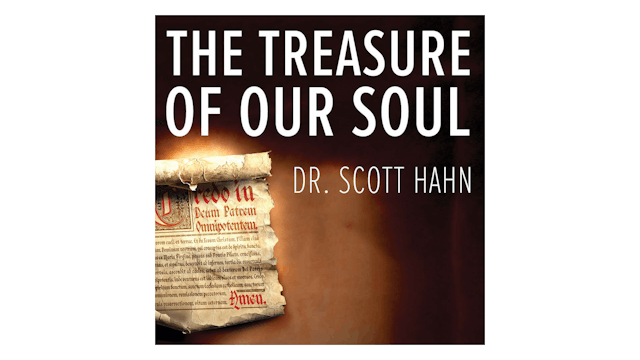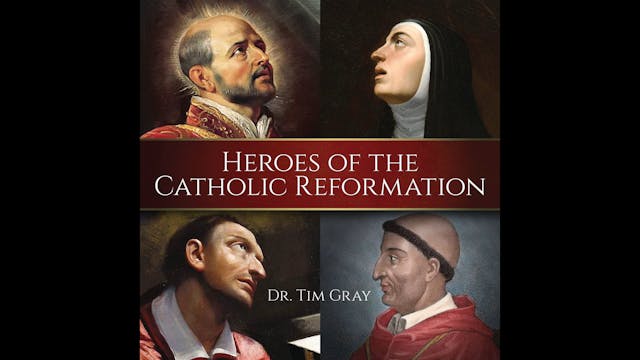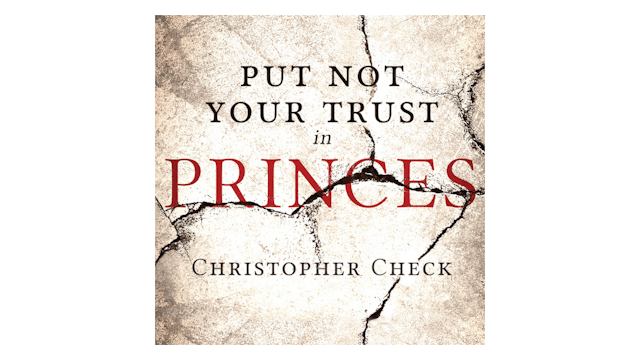Fulfilling the promise he made in his previous book, The Quest for Shakespeare, bestselling literary writer Joseph Pearce analyzes in this volume three of Shakespeare's immortal plays — The Merchant of Venice, Hamlet and King Lear — in order to uncover the Bard's Catholic beliefs.
In The Quest for Shakespeare, which has been made into an EWTN television series, Pearce delved into the known biographical evidence for Shakespeare's Catholicism. Here the popular and provocative author digs into the plays, which were written and first performed during the English crown's persecution of Catholics.
English history and literature were taught for generations through the prism of English Protestantism. Of late both of these fields have been dominated in universities and academic presses by modern scholars with filters and interpretations of their own. Though the evidence for Shakespeare's Catholicism has been studied before now, thanks, in part, to the unique contribution of Joseph Pearce, the Bard's genius is being analyzed in the open air of the public arena, the very place where Shakespeare intended his dramas to entertain and edify.
Up Next in History | Audio
-
The Treasure of Our Soul: The Apostle...
Dr. Scott Hahn, internationally known theologian and author, explains the inestimable value of the Creed as a sure means of communicating the life-giving faith of the Apostles and as an indispensable source of unity for the Church. Dr. Hahn also brings to light how the Creed has served as a time-...
-
Heroes of the Catholic Reformation by...
Dr. Tim Gray, renowned Scripture scholar and president of the Augustine Institute, provides fascinating insights about the Protestant Reformation and the ensuing Catholic Counter-Reformation. He discusses how holy men and women worked from within the Church, as they do in every age, to bring fort...
-
Put Not Your Trust in Princes by Chri...
Speaking from his perspective as a historian, Christopher Check reminds us that the crisis of our age is cultural and, in the end, spiritual. He explains that a flourishing society is not achieved through legislation or at the ballot box, but instead radiates from the family out. Using examples f...




2 Comments